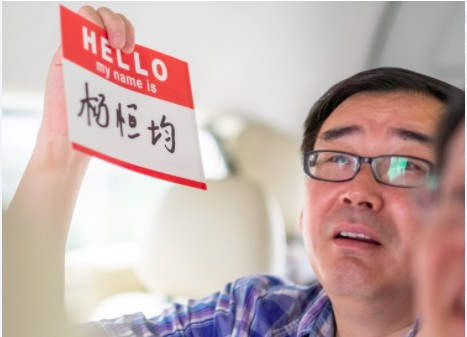China sentences Australian writer to death
This will significantly worsen relations between the two countries

A court in China has sentenced Australian writer Yang Hengjun to death with a two-year reprieve. The blogger was arrested in China five years ago and found guilty of espionage three years ago.
Source. This was reported by the BBC.
The Australian Foreign Minister said she was shocked by the verdict. China's ambassador to Australia was summoned to the Australian Foreign Ministry for clarification.
Hengjun was born in China and has Australian citizenship.
Before his arrest in 2019, he worked in New York. He was detained at Guangzhou airport and accused of espionage. The Chinese authorities did not disclose the details of the case, and the details of the charges are unknown.
The writer denied the charges. His family claims that his health deteriorated during his arrest and accused the Chinese authorities of torture.
A suspended death sentence means that after two years, the sentence can be commuted to life in prison without the possibility of early release if he does not commit any other crimes during these two years in detention.
Yang Hengjun, a scholar, blogger and writer, has criticised the Chinese authorities for human rights violations. He has written several spy novels.
The Australian ambassador to China has previously accused China of detaining the writer for no reason, and his supporters call it "politically motivated persecution".
"The Chinese government is punishing him for criticising human rights abuses in China and for defending universal values such as human rights, democracy and the rule of law," his friend, Sydney-based academic Feng Chongyi, told the BBC.
The writer's sentence is sure to chill relations between Australia and China, which have recently improved slightly.
In November, Australian Prime Minister Anthony Albanese became the first Australian leader to visit China in seven years, hoping to improve relations between the two major trading partners.
Prior to that, relations between Beijing and Canberra had been marred for several years by trade disputes, accusations of cyberattacks, and Australia's demands for an international investigation into the emergence of the Covid-19 virus.
If you have read this article to the end, we hope that means it was useful for you.
We work to ensure that our journalistic and analytical work is of high quality, and we strive to perform it as competently as possible. This also requires financial independence. Support us for only UAH 196 per month.
Become a Mind subscriber for just USD 5 per month and support the development of independent business journalism!
You can unsubscribe at any time in your LIQPAY account or by sending us an email: [email protected]



